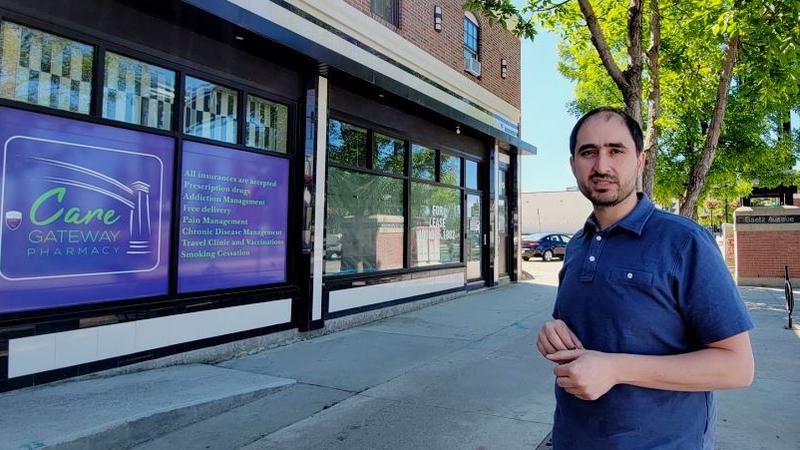
Downtown clinic increases wraparound services for people experiencing addiction
A doctor-owned clinic in downtown Red Deer is trying to shift the tide of an ongoing wave of deaths in the community caused by drug poisonings.
Last week, the Province released new data showing 120 opioid-related deaths occurred provincially this March, down from 175 in December – a clear sign of optimism, the province concluded – and rightfully so.
In Red Deer, however, the death count from opioids alone was seven in March, up from three in December, matching a four-year high for opioid deaths in a month.
Dr. Mohammed Mosli, former medical health officer with Alberta Health Services, recently took ownership of what’s been re-branded as Care Gateway Medical Clinic (5209 50 Avenue). He and two other physicians, took the reins of the clinic – formerly ACT Medical — on April 1, after four years of non-physician ownership.


